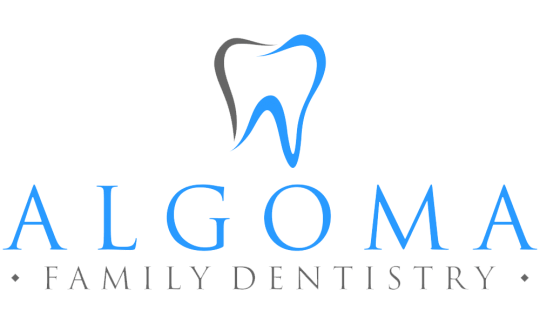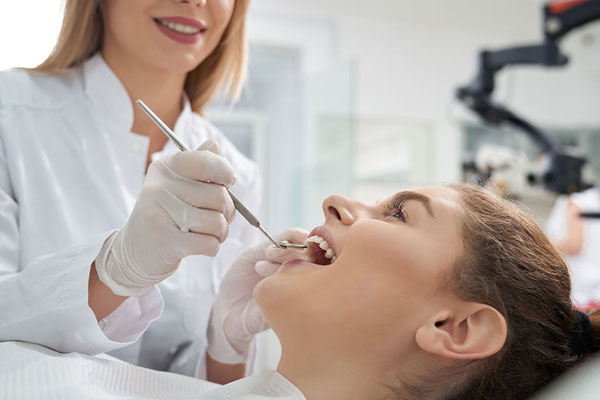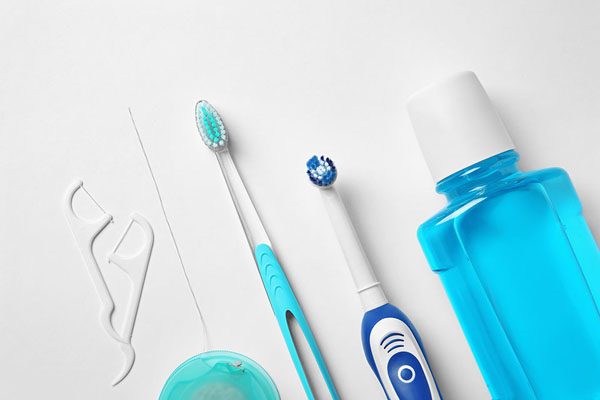Squeaky Clean Teeth from Our Algoma Dentist
Regular professional dental cleanings are essential for maintaining optimal oral and overall health. Our experienced dental hygienist team at Algoma Family Dentistry understands that proper preparation and aftercare significantly improve your treatment results and comfort during your appointment.
Whether you’re searching for a general dentist near you or specifically seeking quality dental care in Algoma, WI, this comprehensive guide will help you maximize the benefits of your cleaning procedure while ensuring the best possible experience.
Ready to schedule your dental cleaning? Contact our dental practice in Algoma, WI, today at (920) 487-2733. We’re currently welcoming new patients throughout Algoma and surrounding communities.
Why Professional Dental Cleanings Matter for Your Overall Health
Professional teeth cleanings do more than just brighten your smile. Regular dental hygienist visits help prevent serious health complications by:
- Removing harmful bacteria that can affect your cardiovascular health
- Detecting early signs of oral diseases before they require expensive treatment
- Maintaining gum health, which is directly linked to diabetes management
- Preventing tooth loss that can impact nutrition and overall well-being
At Algoma Family Dentistry, our skilled dental hygienist team uses advanced techniques and technology, including digital X-rays when necessary, to ensure thorough care for every patient.
Before Your Dental Cleaning: Essential Preparation Steps
Strategic Appointment Scheduling
- Choose the Right Time for Your Visit: Schedule your cleaning appointment when you can arrive relaxed and unhurried. Many patients find morning appointments ideal, as they start the day with a fresh, clean mouth and optimal oral health.
- Verify Insurance Coverage: Contact our dental office at (920) 487-2733 to confirm your insurance benefits. Understanding your coverage prevents unexpected costs and ensures peace of mind during your visit.
- Health Considerations: If you’re experiencing illness, fever, or active oral infections, please reschedule your appointment. This protects both you and our staff while ensuring you receive the best possible care.
Optimize Your Oral Health Before Your Visit
To prepare for your dental cleaning, maintain consistent daily care by continuing your regular brushing and flossing routine. Use fluoride toothpaste twice daily and floss at least once to remove plaque and food particles. Avoid aggressive cleaning right before your appointment, as this can irritate your gums and cause discomfort. Rinsing with antibacterial mouthwash also helps reduce bacteria, making the cleaning process more comfortable and effective.
Communication with Your Dental Team
- Update Your Medical History: Inform our Algoma dentist about any changes in your health, including new medications, allergies, or conditions such as diabetes or pregnancy that can affect your oral health.
- Discuss Concerns and Anxiety: If you experience dental anxiety, sensitive teeth, or specific issues like bleeding gums or tooth pain, let our dental team know in advance. We can tailor your treatment to ensure maximum comfort.
- Explore Comfort Options: For patients with dental anxiety, ask about nitrous oxide or other sedation methods available at our practice to help you feel more relaxed during your visit.
Pre-Appointment Dietary Guidelines
For light meal recommendations, eat a balanced, light meal one to two hours before your appointment to maintain energy without feeling overly full. Avoid heavy, sugary, or sticky foods that could complicate your cleaning. Additionally, avoid staining substances: in the 24 hours before your cleaning, limit coffee, tea, red wine, and other staining beverages to ensure your teeth are in optimal condition for polishing and assessment.
Arrival Preparation
- Bring Required Documents: Carry your insurance card, identification, and any referral forms or previous dental records, especially if you’re a new patient at our practice.
- Dress for Comfort: Wear comfortable clothing suitable for a 30-60 minute appointment. Avoid heavy makeup or lipstick that may interfere with the procedure.
- Arrive Early: Plan to arrive 10-15 minutes before your scheduled time to complete any necessary paperwork and settle in comfortably.
After Your Dental Cleaning: Post-Care Tips for Optimal Results
Managing Post-Cleaning Sensitivity
- Normal Sensitivity Response: It’s completely normal for your teeth and gums to feel sensitive for one to two days after professional scaling, especially if significant tartar buildup was removed. This temporary discomfort indicates thorough cleaning.
- Dietary Modifications: During the sensitivity period, avoid extremely hot, cold, or acidic foods and beverages. Room temperature or lukewarm options are ideal for maintaining comfort.
- Recommended Products: If sensitivity persists, use desensitizing toothpaste designed for sensitive teeth. Our dental team can recommend specific products that work best for your needs.
- Pain Management: For any discomfort, over-the-counter pain relievers like ibuprofen or acetaminophen can provide relief. Follow package directions or our dentist’s specific recommendations.
Protecting Your Investment: Preventing Stains
For 24-48 hours after your cleaning, avoid coffee, tea, red wine, dark sodas, berries, tomato sauce, and other staining foods and beverages. This protects your freshly polished teeth and maintains optimal results.
Tobacco products not only stain teeth but also irritate gums, potentially undoing the benefits of your professional cleaning. Consider this an excellent opportunity to reduce or quit tobacco use entirely.
Maintaining Your Oral Health Results
- Post-Fluoride Treatment Care: If you received a fluoride treatment, wait 30-60 minutes before brushing to allow maximum fluoride penetration into your tooth enamel for enhanced protection.
- Resume Regular Care Routine: After the waiting period, gently brush with a soft-bristled toothbrush and continue daily flossing to prevent plaque accumulation and maintain your cleaning results.
- Enhanced Oral Care: Use antimicrobial mouthwash to enhance your cleaning results and keep your mouth feeling fresh throughout the day.
Hydration and Nutrition
Make sure to drink plenty of water to help wash away bacteria and food particles, which supports overall oral health. Staying hydrated can also reduce sensitivity after cleaning. Opt for water and unsweetened beverages to prevent plaque buildup and cavity formation while your mouth heals from the cleaning procedure.
Following Professional Recommendations
Schedule follow-up appointments promptly if our dentist recommends additional treatments such as fillings, deep cleaning for gum disease, or other procedures to maintain your oral health progress. Monitor your recovery and contact our dental office immediately if you experience persistent pain, bleeding, or swelling lasting more than 48 hours, as this could indicate an underlying issue requiring attention.
Frequently Asked Questions
Yes, you can eat before your cleaning appointment. However, avoid heavy, sticky foods like candy or popcorn that can lodge in your teeth. Also, limit staining beverages like coffee or tea, as they can make it more difficult for our dental hygienist to properly assess your oral health and achieve optimal cleaning results.
Absolutely! Many patients develop preferences for specific hygienists, and we’re happy to accommodate these requests whenever possible. When scheduling your appointment, simply let us know your preferred hygienist, and we’ll do our best to arrange your appointment accordingly, subject to availability.
Most patients benefit from professional cleanings every six months. However, some individuals with gum disease, diabetes, or other health conditions may need more frequent visits. Our dentist will recommend the optimal schedule based on your individual oral health needs and overall health status.
Research shows strong connections between oral health and overall health. Regular cleanings help prevent bacteria from entering your bloodstream, which can reduce risks of heart disease, stroke, and complications from diabetes. Maintaining good oral health through regular professional care is an investment in your overall well-being.


